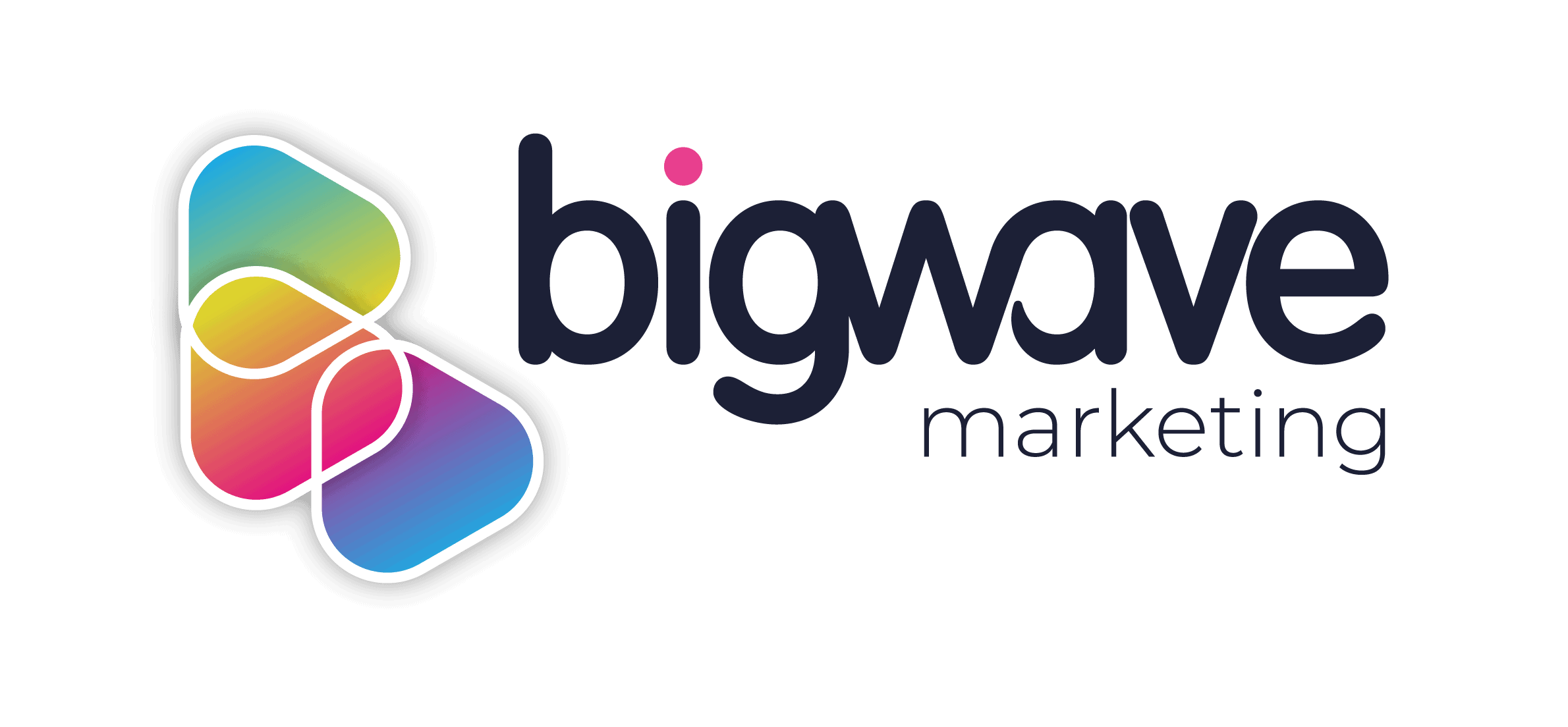The future of digital has arrived.
In an attempt to transition from controversies, the parent company of Facebook have changed their name to Meta. However, its subsidiary platforms, Facebook, Instagram, and WhatsApp, are keeping their original names. Bringing multiple products together under the new name, Chief Executive, Mark Zuckerberg, is paving the future of communicative technology.
With help from virtual reality, augmented reality, and smart glasses to create truly immersive experiences, Meta has created a new universe called the Metaverse.
It is things like this that we only ever thought was real in science fiction movies, but it seems a lot of these movies we grew up watching were predicting the future after all. Technology has evolved drastically, a lot quicker than we imagined, providing the world with endless opportunities to grow not only as people but as businesses too.
What is the Metaverse?
The Metaverse is the combined world of digital and physical. Meta is trying to recreate a version of the Internet where users can interact, work, socialise, play video games, watch TV, practically anything digital, in a virtual world.
From virtual reality to augmented reality and smart glasses, the Metaverse will harness every ounce of the immersive infrastructure and make it accessible on all its platforms in a universe where people feel closer together, no matter how far apart.
It is quite literally a speculative and futuristic iteration of the Internet. But this version of the Internet consists of shared, three-dimensional worlds that succeeds in revolutionising what we are so used to.
“We believe the metaverse will be the successor to the mobile internet, we’ll be able to feel present – like we’re right there with people no matter how far apart we are,” Zuckerburg said in a presentation at Meta’s annual Connect conference.
The Metaverse will be a space where people can create avatars of themselves, a digital representation that looks and feels so real you will feel like it is just that. The Metaverse is nothing short of the perfect form of escapism for everyone.
With the ability to virtually meet in homes, offices, attend live events, try on clothes before you buy them, socialise with friends as if you are in the same room, build worlds, and play video games, the opportunities are unfathomably endless. They will also prove to be highly beneficial for accessibility.
The question is, is it all too much?
We know that the older generations are less likely to adopt this technological universe, but what about the younger generations? Can we imagine a world where we no longer need physical TVs or computers for work but simply a wearable device and an effortless wave of the hand?
Key Elements of the Metaverse
The Metaverse universe consists of several elements. You can watch the full film by Meta here for greater insight, but the basic foundations of the Metaverse include:
- The Internet – The Metaverse will be a decentralised version of computers not owned by any government or entity. Therefore, no permission is needed from such entities for use.
- Extended reality (XR) hardware – From smart glasses to haptics, Omni treadmills and VR headsets, new and improved devices will be just some of our control options. Zuckerberg said in Meta’s film that we will be able to action simply by voice control or even thinking.
- Smart contract platforms and decentralized ledgers – Blockchain technology will create transparent, permissionless, and censorship-resistant transactions. We will likely see the use of cryptocurrencies to buy NFTs (non-fungible tokens) in the Metaverse, making the Metaverse a viable public good.
- Endless media opportunities – Video, images, text, audio, 3D items and scenes, vectors, and so much more make the Metaverse a place where we can experience and create our virtual realities. A place where several of our favourite platforms are accessible.
- An infinite universe – The Metaverse exists in real-time and continues indefinitely, meaning it is active 24/7. It is fully self-contained and functioning so people can create, own, sell and invest, and be rewarded for labour.
Marketing in the Metaverse
Is the Metaverse the new frontier for marketing?
The Metaverse has poised a rapid growth opportunity for brands to market themselves. Industry insiders have predicted that much like the Internet we all currently know, the Metaverse will be essential for all brands. So now, marketers will need to adapt and get used to implementing new strategies and harnessing new tools to compete.
In this new technological dimension, everyone will be a world builder, including brands. So, how can marketers and businesses conquer this new Metaverse?
“A good starting point for brands looking to show up effectively in the metaverse is for them to parallel what they do in reality.” Lindsey McInerney, global head of technology and innovation at Anheuser-Busch InBev told Built in.
The Metaverse will allow many applications to integrate with this new Internet. The best thing marketers can do is adopt the technology early, setting them up for success and evolving with their users.
Using the Metaverse to Help Grow Your Brand
It may seem intimidating, but jumping on the Meta train early will help your brand as you will learn and grow alongside the community. This means that you won’t get left behind when new developments are introduced. Keep in mind how much value there is in having millennials and Generation Zs as your target market.
A good starting point is to develop an affordable framework strategy that accounts for early experimentation and gets you and your staff into the feel of the Metaverse. Think about the long-term vision and how these new immersive technologies can enhance engagement.
A few tips marketers can utilise for brand growth include:
- Create experiences that tie in with real-life experiences.
- Offer virtual advertising where users can experience your ads and message as if they’re a part of it.
- Just like in video games, collectables will be available in the Metaverse. So, by offering assets and items as rewards, you could see rapid growth in engagement.
- Engage with the community but don’t pester them, and ensure your ads are relevant to them. User-generated content is key.
- Don’t get left behind. Never stop experimenting and keep up to date with the Metaverse.
- Consider how to build towards interacting with your audience using XR hardware like wearable devices.
- Invest in immersive learning and training to enhance the skills of your staff.
The Metaverse is an infinite virtual universe. There is no end, and it will continue to expand as its user community grows until the devices we recognise the most now (e.g. iPhones, laptops, TVs and consoles) become a distant memory. It is difficult to imagine such cutting-edge, futuristic technology, but it is inevitable.
You can read more about virtual reality and how it is changing the landscape of marketing on our blog here. For information about our marketing services in Devon, please contact us.

